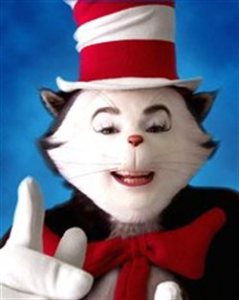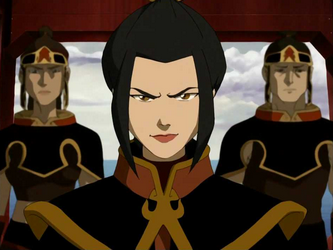Pretty early on in Thor: Ragnarok I realised something kind of incredible. The Marvel Cinematic Universe may be the first film series in history to take nearly twenty movies to hit its stride. That’s not to say the preceding movies were bad. In fact, the single thing you can take as granted about the series is that they are “not bad” (on the big screen anyway). There isn’t a single one in the canon that, if it were to randomly show up on TV while I was channel surfing, that I wouldn’t happily stop and watch. The two worst movies in this series, by my reckoning, are The Incredible Hulk and Doctor Strange. The first is a perfectly competent action/monster movie and the second is a an absolutely visually gorgeous fantasy let down by seriously derivative plotting. If those are your turkeys, your good movies are presumably pretty darn good. And they are. Marvel and Disney have honed to near perfection the art of crafting, big, fun, colourful summer superhero flicks. They’re not going to end up on anyone’s list of all time great films but they’re excellent examples of their genre.
But here’s the thing…they’re getting better. A few missteps now and then, but overall the trajectory has been up and up. And you can tell that Marvel have been paying very serious attention to the criticisms that their movies have been getting, creating better villains, better visuals, and hiring genuine idiosyncratic directing talent over journeymen. Crazy as it sounds, I think we’re getting to the point where Marvel’s movies stop being merely “fun” and becoming actually…artistically noteworthy. In fact, we might already be there.
The Guardians of the Galaxy series is sneaky. When Vol 1 was first released it was praised pretty much for being irrelevant. Here was a nice, fun little romp off in a corner of the Marvel universe almost wholly unconnected from everything else that was going on. It stood on its own. It was funny and colourful and had a cool soundtrack and there were dick jokes and a talking tree.

“I am Groot.”
He was Groot. Gotta give him that.
You wouldn’t have pegged it as the strand of the Marvel carpet that would deliver an achingly sincere exploration of coping with abuse and trauma (and before you do anything else, you should check out Lindsay Ellis’ fantastic analysis of those very themes within the movie). Her review is one of those rare ones that completely reordered my thinking on a movie, pushing Guardians 2 from “fun” to “essential” in my personal assessment. And if you find me making a point that seems awfully similar to one she already made then you’re almost certainly right, and she almost certainly did and I am almost certainly playing particularly pathetic catch up. It’s just, once you understand that the movie is about what it’s about, it’s kind of impossible to talk about it like it’s anything else, like trying to not see the hidden image in an optical illusion once you’ve already found it. Although, looking back, we probably should have twigged that James Gunn was playing a deeper game. Remember the scene on Knowhere where Rocket pulls a gun on Drax because he thinks he’s mocking him (“He thinks I’m some weird thing, he does!!). It’s a jarring scene, the funny talking racoon suddenly having an existential melt-down. Look at Chris Pratt’s face in that scene, Peter Quill is thinking pretty much the exact same thing: “Where the fuck did this come from?!”. It’s only with Vol 2, that the series’ Trojan Horse gambit finally becomes clear. These characters don’t act like your typical quippy, sarcastic, vaguely assholish protagonists in a 21st century American action comedy because they are your typical quippy, sarcastic, vaguely assholish protagonists in a 21st century American action comedy. They act that way because they are all, fundamentally, horribly damaged and trying to avoid taking on any more trauma. It’s in Volume 2 where the characters finally begin to let down their defences one after the other and where the Guardians series, initially viewed as one of the most frivolous and shallow corners of the MCU, reveals itself to be the most emotionally sincere and essential part of the whole damn project. But, y’know. With dick jokes and a talking tree.






